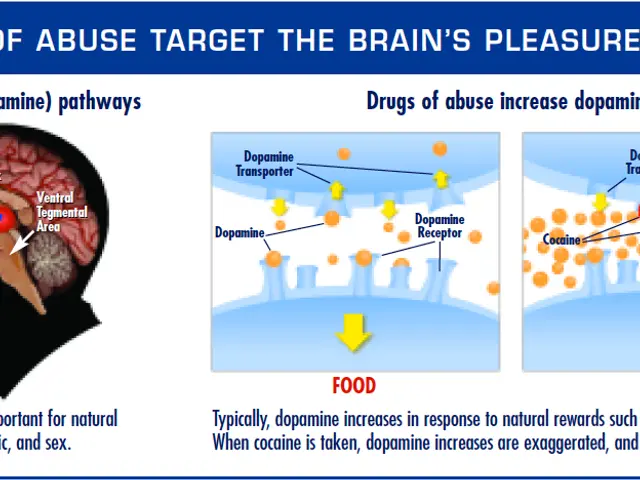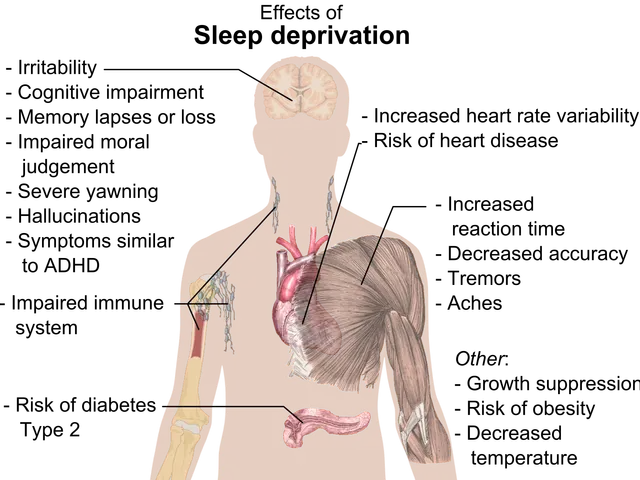Immunotherapy Outcome Prediction: Scientists Discover Potential Methods for Anticipating Effectiveness
In the ever-evolving battle against cancer, researchers are constantly developing new treatment options, one of the latest being immunotherapy. However, it's essential to note that not every person or cancer can benefit from this groundbreaking treatment. That's where the genius minds at Johns Hopkins University come into play, as they've recently identified a specific subset of mutations in cancer tumors that could potentially indicate how suitable a tumor is for immunotherapy.
Immunotherapy leverages the power of the body's immune system to fight the disease. Typically, cancer cells develop mutations, making them stealthy and hard for the immune system to detect. Immunotherapy gives the immune system a much-needed boost, making it easier for it to identify and destroy cancer cells.
So far, immunotherapy has proven effective for diseases like breast cancer, melanoma, leukemia, and non-small cell lung cancer. Researchers are also exploring its potential use for other types of cancer, such as prostate, brain, and ovarian cancer.
The Johns Hopkins team's recent study, published in the journal Nature Medicine, reveals that doctors currently analyze the overall number of mutations in a tumor, known as the tumor mutation burden (TMB), to estimate how well the tumor might respond to immunotherapy. The researchers, however, identified a specific subset of these mutations, which they call "persistent mutations," that remain in a cancer tumor even as it evolves. These persistent mutations keep the cancer visible to the immune system, improving the response to immunotherapy.
In essence, persistent mutations create a state of constant visibility to the immune system, causing an immune response that eliminates cancer cells. This, in turn, results in sustained immunologic tumor control, leading to a longer lifespan for the patient. The researchers believe this discovery will enable doctors to more accurately select patients for immunotherapy and predict the outcomes of the treatment more effectively.
The implications of this study are profound. It suggests that persistent mutations and mutation-associated neo-antigens, when recognized by the patient's immune system and stimulated by immunotherapeutic agents, play a critical role in an effective anticancer immune response. In the near future, high-throughput, next-generation sequencing techniques might be used to categorize patients by their likelihood of response to immunotherapy or benefit from it after surgery. Ultimately, these findings may revolutionize the way cancer patients are selected for immunotherapy in various stages of the disease.
- The power of the immune system is harnessed in immunotherapy, a treatment option for cancer that typically struggles to be detected due to the stealthy nature of cancer cells with their developed mutations.
- The recent study by Johns Hopkins University researchers, published in Nature Medicine, reveals that persistent mutations in cancer tumors can make them more visible to the immune system, potentially leading to a more effective response to immunotherapy.
- The discovery of persistent mutations may revolutionize the process of selecting cancer patients for immunotherapy, enabling doctors to predict treatment outcomes more accurately using high-throughput, next-generation sequencing techniques.







